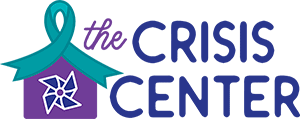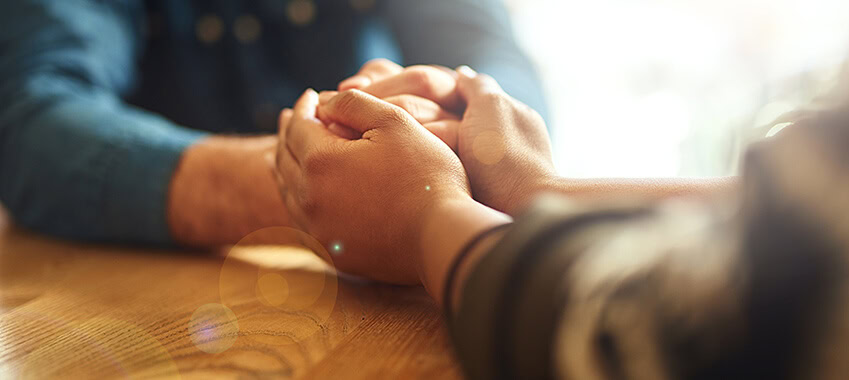Its 2:00AM on a Wednesday morning in July, it’s the beginning of the work week and she is dead asleep. All of a sudden there is an aggressive knock on the door and her dog begins to bark. She begins to head for the door when the knocking becomes even louder and more aggressive, she takes a deep breath and puts her eye up to the peep hole. Theres a guy standing on the other side of the door, a guy that she recognizes, a guy that she would even in fact consider as a friend. The door is getting unlocked and opened, she’s asking if he’s okay, if something is wrong and what he is doing there. He then begins to make his way through the door, she can tell that he has been drinking. The way he is slurring his words and trying to make his way through her apartment. This is a guy that she’s known, she speaks with frequently, and has hung out with on multiple occasions so there is no need for her to be on high alert for anything. Wrong. The next thing you know they are in her bedroom, in her bed, and he is on top of her. It started with kissing and touching and quickly escalated. Before she could even process what was fully happening, their clothes were off and he was forcing himself on her. Laying there frozen, numb, but also many emotions running through her mind at the same time as he had finished and crawls off of her.
What comes next? The rollercoaster of emotions, questioning, and trying to process what just happened to her. The rest of the morning is such a blur. Its time for her alarm to go off so she can get up and go to work, the place where she helps individuals go through abuse and assault. Asking herself questions like,
Is this my fault?
Was I just sexually assaulted?
Why didn’t you fight harder?
Will you tell anyone?
What’s next?
Can I be normal today?
Plus, a thousand more… Life went on and still to this day she questions herself, she still gets nervous when someone knocks on her apartment door, she constantly is aware and alert of her surroundings when she is out and about. This traumatizing event will now be apart of her for the rest of her life.
What percent of sexual assault is by someone they know?
Unfortunately, victims of sexual assault know their attacker in approximately eight out of 10 cases. When a child is the victim of sexual abuse, the rates are even higher—90 percent of victims know their attacker.
How big is the problem?
- Sexual Assault is common. Over half of women and almost 1 in 3 men have experienced sexual violence involving physical contact during their lifetimes. One in 4 women and about 1 in 26 men have experienced completed or attempted rape. About 1 in 9 men were made to penetrate someone during his lifetime. Additionally, 1 in 3 women and about 1 in 9 men experienced sexual harassment in a public place.
- Sexual violence starts early. More than 4 in 5 female rape survivors reported that they were first raped before age 25 and almost half were first raped as a minor (i.e., before age 18). Nearly 8 in 10 male rape survivors reported that they were made to penetrate someone before age 25 and about 4 in 10 were first made to penetrate as a minor.
- Sexual Assault is costly. Recent estimates put the lifetime cost of rape at $122,461 per survivor, including medical costs, lost productivity, criminal justice activities, and other costs.
What are the consequences?
Sexual assault consequences are physical, like bruising and genital injuries, sexually transmitted infections, and pregnancy (for women) and psychological, such as depression, anxiety, and suicidal thoughts.
The consequences may be chronic. Survivors may suffer from post-traumatic stress disorder and experience re-occurring reproductive, gastrointestinal, cardiovascular, and sexual health problems along with many other and various health issues and or disorders.
The trauma from sexual assault may impact a survivor’s employment in terms of time off from work, diminished performance, job loss, or inability to work. These issues disrupt earning power and have a long-term effect on the economic well-being of survivors and their families. Coping and completing everyday tasks after victimization can be challenging. Survivors may have difficulty maintaining personal relationships, returning to work or school, and regaining a sense of normalcy.
How do we help victims of sexual assault?
Do listen: What they are saying might be very difficult or upsetting for you to hear. But it’s important to show them that you’re really listening.
Do believe them: People rarely lie about sexual assault. There’s little to gain from lying about it and being a victim or survivor in our society can be really hard.
You might wish that what they were telling you wasn’t true, but it’s really important to make it clear that you believe them. For many people, not being believed can feel like a huge betrayal and might stop them from telling anyone else or trying to get help.
Do recognize how tough it might have been for them to tell you: It can be very hard for victims and survivors to talk about what happened to them. For lots of people, having to go back over an experience of being sexually assaulted or abused is upsetting and painful – which is one of the reasons why it takes some people a long time to tell anyone. Some victims and survivors also feel ashamed or guilty. Or worry that they’ll be judged, blamed or not believed.
Do respect their decisions: There’s no right or wrong way to be or to feel after being sexually assaulted and only a victim or survivor can really know what’s best for them. So, try not to ignore or judge their decisions, even if they’re not the ones you think you’d make. Otherwise, you could end up losing their trust or upsetting them even more.

